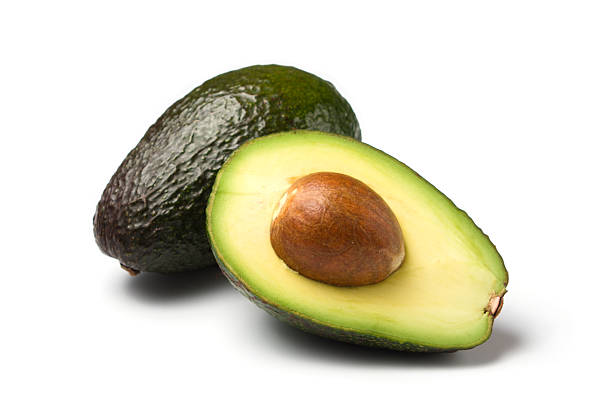One afternoon, Esther felt a gentle flutter in her chest. She had discovered some delicious ways to care for her heart with potassium-rich foods and she consumed lots of it like creamy avocados, sweet bananas, and juicy papayas.
‘My heart was trying to tell me something. I’d heard potassium was good for the heart, but could too much cause problems?’
Like many, Esther had questions and fears. She wanted to nourish her heart, but she needed to understand how potassium fits into that story.
Potassium and Heart Health
Potassium helps our hearts beat steadily and powerfully by managing the electrical signals that keep the rhythm. It also helps lower blood pressure by balancing the effects of salt, easing the heart’s workload. Studies show a potassium-rich diet could reduce your risk of heart conditions, hospitalisation and death by 24%. Bundgaard said: “With a broader view we can say that higher dietary intake of potassium may not only benefit patients with heart disease but probably all of us, so maybe we should all reduce sodium and increase potassium content in our food.”
Dr Carrie Ruxton, a dietitian who was not involved with the study, said: “Everyone knows about cutting down on salt, but few people realise that increasing potassium is almost as important for preventing strokes and heart attacks.
“We can do more individually to boost our potassium intakes by eating more fruit, vegetables and fish. Fruit juices are particularly rich in potassium. Other key foods are spinach, lima beans, baked potato, yoghurt, banana and tuna.”
Dr Sonya Babu-Narayan, a consultant cardiologist and clinical director of the British Heart Foundation, said: “This trial from Denmark found that increasing blood potassium levels into the high normal range in people with ICDs improved patient outcomes, and importantly reduced their chances of needing a shock.
If you’re advised by your doctor to improve your dietary potassium intake, you can do this by including more vegetables and fruit rich in potassium such as spinach, bananas or avocados in your diet, as well as pulses, fish, nuts and seeds.
When Too Much Potassium Makes the Heart Flutter
Excess potassium, a condition called hyperkalemia, can cause heart palpitations or irregular beats. This risk is higher if your kidneys don’t work well or if certain medicines raise potassium levels.
What is hyperkalemia?
Hyperkalemia is when the level of potassium in your blood is too high. You may not feel symptoms if it’s a mild case. It may also be easy to treat. If it gets worse and isn’t treated, it can lead to fatal heart arrhythmias (abnormal heart rhythms).
‘That flutter I felt? It was a reminder to keep balance, not just in diet but in care. My journey taught me that the heart needs more than food, it needs peace, Esther adds.
Just as too much potassium harms the heart, too much worry, bitterness, or anger can weigh it down. Esther found strength in Proverbs 14:30: “A heart at peace gives life to the body.” She learned to nurture not just her body with potassium, but also her spirit with faith and forgiveness.
This balance healed my heart in ways I never imagined’, she said.
Next Steps
At Eyole Heart Nurture, we believe caring for the heart is a whole journey, body, mind, and spirit in harmony. Like Esther, you can nurture your heart with faith, wisdom, and simple steps every day. Take our fre heart test today.
Frequently Asked Questions
Does potassium cause heart issues?
Potassium itself does not cause heart issues; rather, it plays a crucial role in maintaining a healthy heart rhythm and regulating blood pressure. Potassium helps control the electrical signals that trigger heartbeats, keeping the heart contracting steadily and effectively. Studies show increased potassium intake is linked to lower blood pressure and a reduced risk of heart disease and stroke, especially when balanced with sodium intake.





